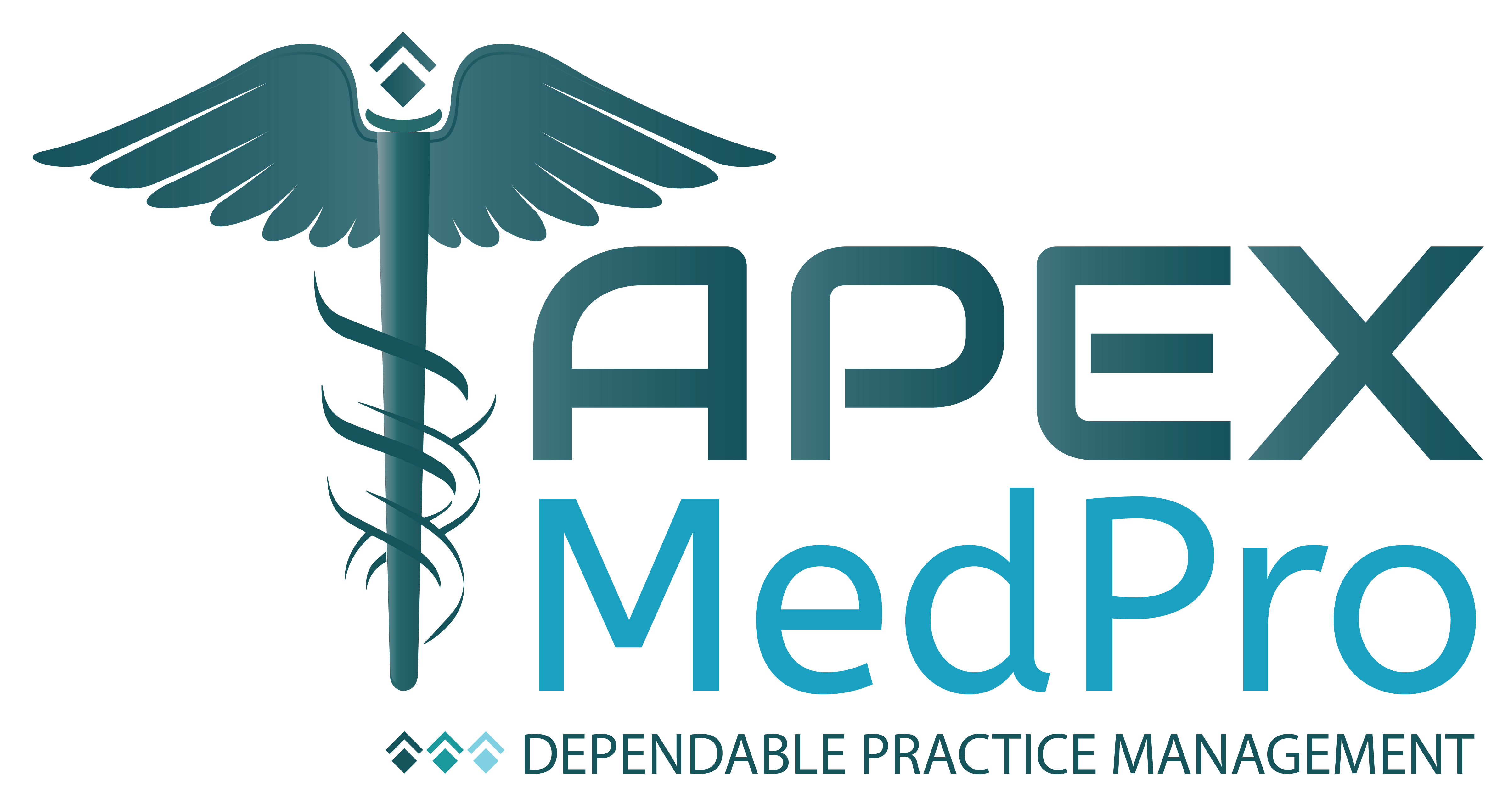Introduction:
Medical billing plays a crucial role in the healthcare industry, ensuring the financial health of medical practices and facilitating timely reimbursement for services rendered. When it comes to medical billing, healthcare providers have two primary options: in house billing or outsourcing medical billing the task to a third-party service. Both approaches have their advantages and disadvantages, which we will explore in this blog. By understanding the pros and cons of each option, medical practices can make an informed decision that aligns with their unique needs and goals.
IN HOUSE MEDICAL BILLING Vs OUTSOURCING
- In-House Medical Billing:
In-house medical billing involves establishing an internal billing department within the medical practice itself.
Here are some key advantages and disadvantages of this approach:
Pros:
Control and Oversight: With an in-house billing team, healthcare providers have direct control over the entire billing process. They can closely monitor operations, implement changes, and ensure compliance with regulations, resulting in increased transparency and accountability.
Faster Communication: Having an in-house billing team allows for seamless communication between the billing staff and other departments within the practice. This can expedite the resolution of billing-related issues and improve overall efficiency.
Customization: In-house billing enables practices to tailor their billing procedures according to their specific requirements. They can develop personalized workflows and implement software systems that integrate seamlessly with their existing practice management systems.
Cons:
Cost and Resources: Establishing and maintaining an in-house billing department requires significant financial investment. Costs include hiring and training billing staff, purchasing software and hardware, and managing ongoing overhead expenses such as salaries and benefits.
Expertise and Updates: Medical billing regulations are complex and constantly evolving. Maintaining an in-house billing team necessitates continuous training and education to stay up to date with changing requirements. Ensuring expertise in all aspects of billing can be challenging and time-consuming.
Staffing Challenges: Recruitment and retention of qualified billing personnel can be a challenge. High turnover rates, prolonged hiring processes, and the need for ongoing training can lead to disruptions in the billing workflow and potentially impact revenue generation.
- Outsourcing Medical Billing:
Outsourcing medical billing involves contracting with a specialized third-party service provider to handle billing operations.
Let’s explore the pros and cons of this approach:
Pros:
Cost Savings: Outsourcing medical billing can reduce the financial burden on medical practices. Providers avoid the costs associated with hiring and training billing staff, investing in software and hardware, and ongoing overhead expenses. Outsourcing often operates on a fixed-fee or percentage basis, offering predictable costs.
Expertise and Efficiency: Medical billing companies specialize in billing processes and stay up to date with industry changes. By outsourcing, practices gain access to skilled professionals who are knowledgeable about complex billing regulations, leading to accurate and efficient claims submission and higher reimbursement rates.
Scalability and Flexibility: Outsourcing allows medical practices to scale their billing operations based on fluctuating needs. During peak periods, outsourcing providers can handle increased workloads without the need for additional resources, providing flexibility and maintaining consistent revenue flow.
Cons:
Reduced Control: Outsourcing involves entrusting a third-party provider with sensitive patient data and financial information. While reputable companies maintain high security standards, practices must carefully vet potential partners to ensure data privacy and compliance.
Communication Challenges: Despite advancements in technology, communication gaps may arise when working with an outsourced billing team, particularly if there are different time zones or language barriers. Ensuring effective communication channels and regular updates is crucial.
Dependency: Potential Over time, practices may become overly reliant on the outsourced billing provider. If a contract is terminated or there are service disruptions, transitioning to a new provider or bringing billing operations in-house can be time-consuming and disruptive.
Conclusion:
Choosing between in-house medical billing and outsourcing is a significant decision for healthcare providers. In-house billing offers control, customization, and direct oversight but can be costly and resource-intensive. On the other hand, outsourcing provides cost savings, expertise, and scalability, but reduces control and may present communication challenges. Ultimately, each practice should assess its specific needs, resources, and priorities to determine the most suitable billing approach. Considerations such as size, budget, staff availability, regulatory compliance, and long-term growth plans will help guide the decision-making process and ensure successful medical billing operations.

